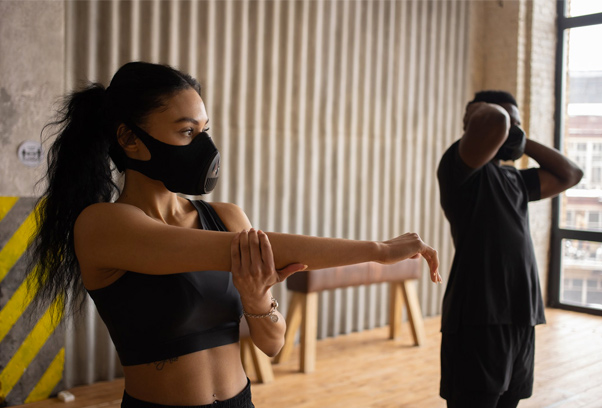New Data on Wellness Tourism: Projected to Hit $817 Billion This Year, $1.3 Trillion in 2025 The GWI’s new report on the global wellness economy includes eye-opening new data on the wellness travel market. It has the big picture numbers: In the pre-pandemic year of 2019, wellness tourism reached a record $720 billion, but then took a devastating hit in the pandemic year…





























































